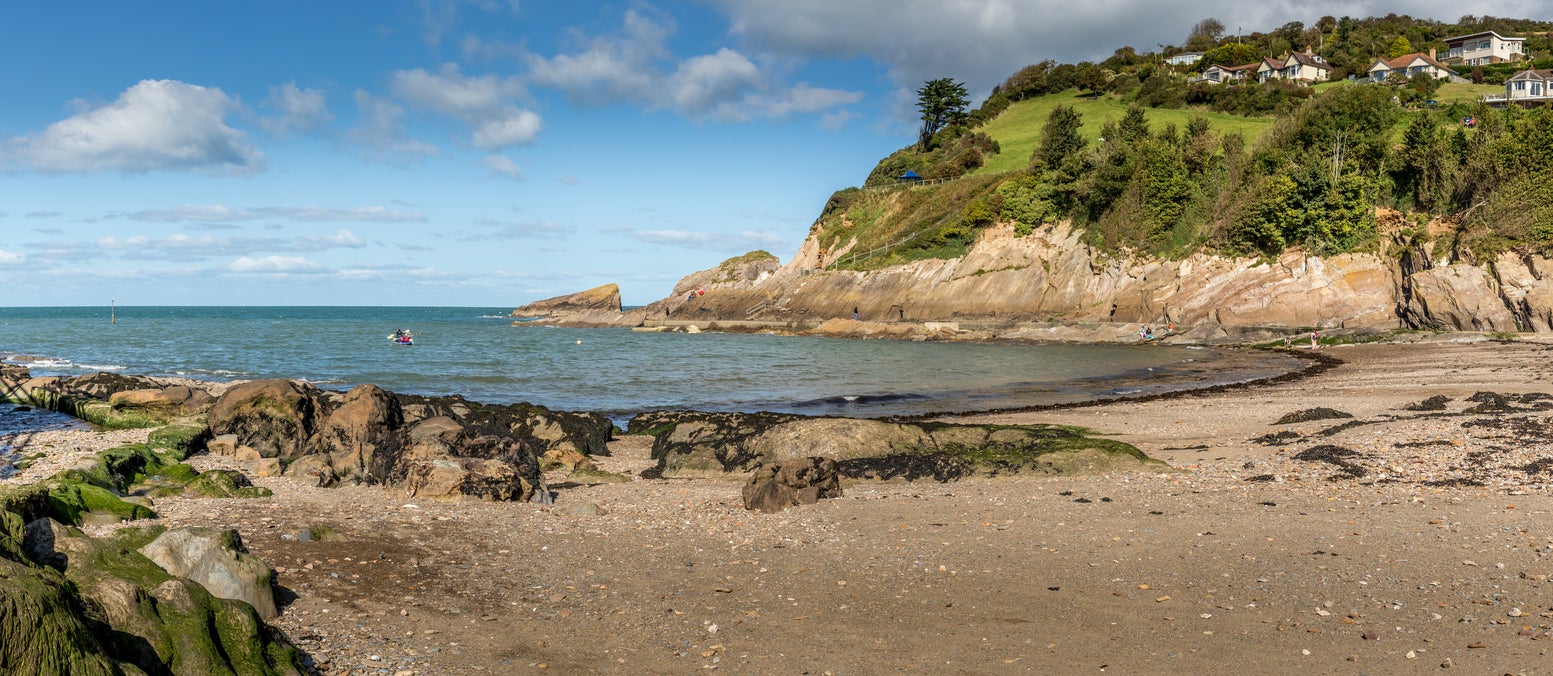AI to predict water pollution in south-west England before it happens
It is hoped the project will be scaled up and rolled out to different parts of the UK

Artificial intelligence will be used in south-west England to predict water pollution before it happens.
It is hoped the pilot project in Devon will help to prevent water pollution at the seaside resort of Combe Martin, making it better for swimming.
Around 50 Sensors will be placed in rivers and fields as part of the project, and AI will combine the data with satellite imagery of local land use to predict when the local river system is most vulnerable to pollution.
Farmers will then be asked to hold off on applying fertiliser during times when the river is most vulnerable to pollution.
The project, which is being run by computer systems company CGI and mapping experts Ordnance Survey, is being trialled in the North Devon Biosphere Reserve - a protected area that includes natural habitats as well as farmland and small towns.
CGI said the AI technology was more than 90% accurate during a test run. The company’s chief sustainability officer Mattie Yeta said the data generated from the sensors will be fed to the AI technology to allow it to “develop the predictive mechanisms to be able to inform where these incidents are occurring and indeed when they will take place.”
Meanwhile, Donna Lyndsay from Ordnance Survey said: “We can start training the model using data to get it understanding that when there was a pollution event - whether it was associated with a particular area? Was there for example a particular rainfall event that washed it all off?”
It comes amid concerns over the quality of the bathing water in Combe Martin. In 2018 and 2019, the resort received a ‘poor’ rating and people were advised not to swim.
“There is very much a fear in the community of what would happen if the bathing water status was rescinded,” said Andy Bell from the North Devon Biosphere Reserve.
“It would impact on the cafes, the restaurants, the B&B’s… people want to come to a clean place to enjoy themselves.”
Yeta said it is hoped the project will be scaled up and rolled out to different parts of the UK.
Join our commenting forum
Join thought-provoking conversations, follow other Independent readers and see their replies
Comments


Bookmark popover
Removed from bookmarks